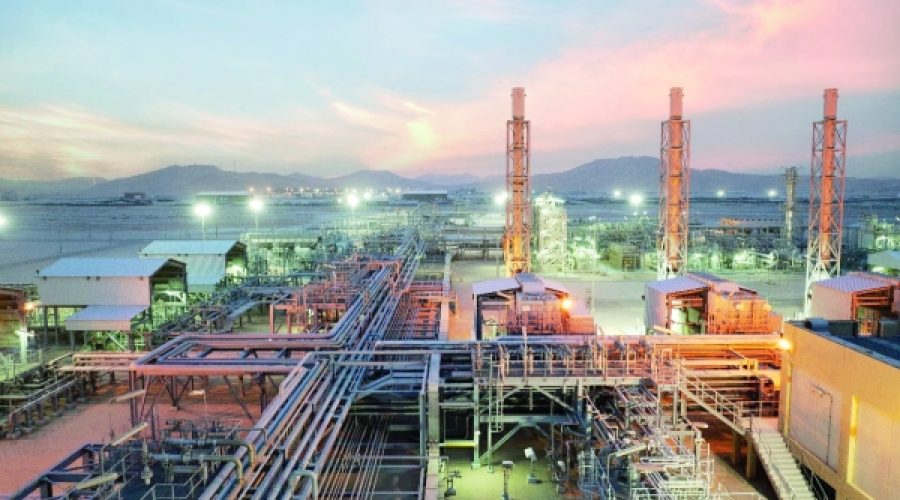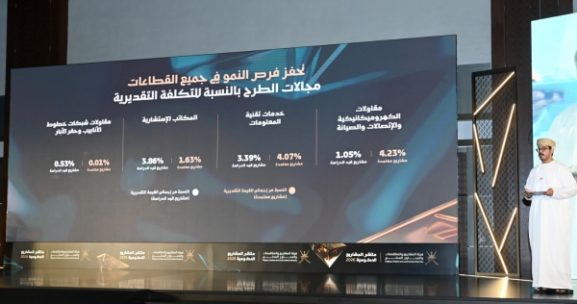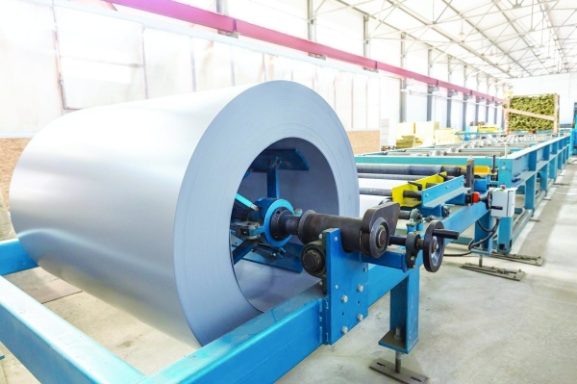OQEP’s Upstream Assets in Oman Ready for Expansion: What This Means for Investors and Business Growth
MUSCAT: OQ Exploration & Production (OQEP), the majority state-owned upstream division of the integrated energy group OQ, is intensifying exploration and development activities on its key assets to enhance their oil and gas contributions to Oman’s national economy.
The publicly listed company, which holds interests across 15 licenses—including operated, non-operated, and partnership stakes—reported an average production of 221,200 barrels of oil equivalent per day (boepd) in the first quarter of 2025. This output represents a 14 percent share of Oman’s total oil and gas production.
In a recent update to Muscat Stock Exchange (MSX) participants, OQEP senior officials outlined ongoing efforts to increase production from existing fields and explore new acreage. Among those presenting were Dr. Anwar al Kharousi, Chief Executive Commercial, and Jaber al Namaani, Chief Financial Officer.
The spotlight was on Block 60, OQEP’s flagship producing asset, currently undergoing the Bisat C expansion project. Dr. Al Kharousi announced, “The Block 60 expansion has been completed ahead of schedule and within budget, adding approximately 37,000 barrels per day of oil processing capacity. This expansion allows us to connect additional wells to the system, which is expected to boost production by about 10 percent.”
A critical advantage of this upgrade is the facility’s enhanced ability to handle more high water-cut wells—those producing oil mixed with large volumes of water. The processing plant now has a water handling capacity of 400,000 barrels per day.
Further growth projects for Block 60 are under consideration, pending government discussions and approval. “Once approved, these initiatives will leverage the expanded capacity to further increase production,” Dr. Al Kharousi added.
Block 61 remains a major contributor to Oman’s gas sector, providing around one-third of the country’s total gas production. OQEP holds a 30 percent stake in this license, which is operated by BP Oman. The company is updating the Field Development Plan (FDP) with BP and preparing to progress additional gas production plans to support the country’s expanding LNG capacity. The project’s fourth LNG train is in final government approval stages, targeting readiness by early 2026.
In the northern region of Oman, OQEP operates Block 8 offshore Musandam under a service agreement with the government. A newly drilled well is currently under testing and analysis, with promising potential to add new gas volumes to the Musandam portfolio.
Exploration activities have recently begun in Block 54, a new addition to OQEP’s portfolio through a partnership with UK-based Genel Energy. An early well test is scheduled before the end of 2025 or early 2026.
In Block 47, operated by Italy’s ENI with OQEP as a partner, the Najid-1 well drilled this year may lead to a new gas discovery. This could result in an extension of the Exploration and Production Sharing Agreement (EPSA) covering the license. Dr. Al Kharousi explained, “The Najid-1 well has reached its target depth, and we are now analyzing the results. The EPSA contract expires in September, so we require at least a six-month extension beyond that date to complete the study. This extension is crucial to decide whether to proceed with further testing or conclude our involvement in the block.”
For the full year 2025, OQEP anticipates net working interest production between 220,000 and 230,000 boepd. Capital expenditure is projected at between $700 million and $1 billion.
Special Analysis by Omanet | Navigate Oman’s Market
OQ Exploration & Production’s aggressive expansion and development projects, particularly in Blocks 60 and 61, signal significant growth potential in Oman’s upstream oil and gas sector, offering opportunities for businesses involved in energy infrastructure and services. Smart investors and entrepreneurs should monitor government approvals for new production projects and LNG capacity expansions, as these will be key drivers of Oman’s energy output and strategic economic positioning in the coming years. However, careful evaluation of exploration outcomes and regulatory timelines is crucial to mitigate risks associated with asset performance and contract renewals.



